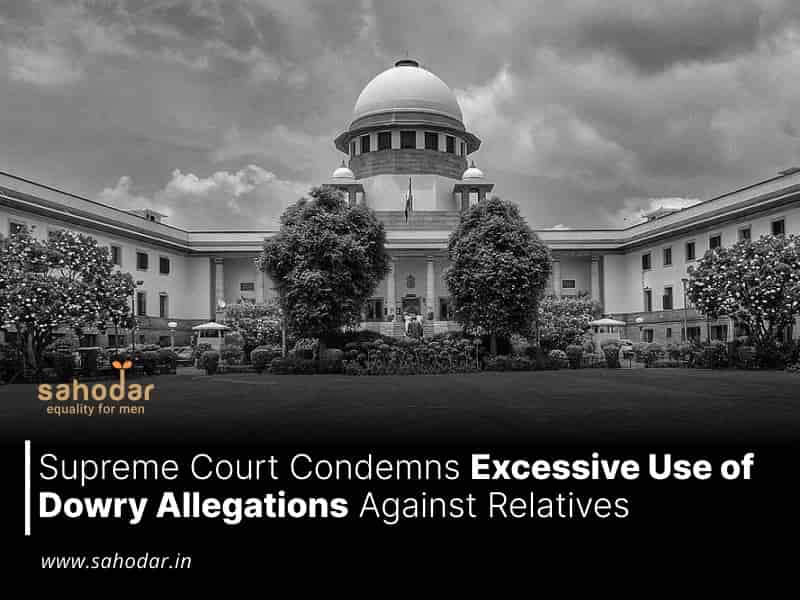In a significant observation, the Supreme Court on Wednesday drew attention to a troubling trend in which victims of dowry harassment are increasingly accusing their husband’s relatives. The court dismissed a dowry harassment case against the woman’s parents-in-law, observing that the allegations were vague and lacked details about physical abuse.
The bench, consisting of Justices Ahsanuddin Amanullah and Prashant Kumar Mishra, noted that the complaints mainly consisted of remarks and claims regarding the political connections of the husband’s family, which were alleged to have influenced their actions. The judgment stated, “The allegation only involves taunts and claims that they are influential with political connections to ministers, which supposedly led accused 1 (husband) to pressure accused 3 (husband’s parents) to pressurize the complainant for additional dowry.”
The justices criticized the repeated inclusion of the husband’s relatives in legal cases under Section 498A of the IPC and Section 4 of the Dowry Prohibition Act, 1961, calling it an undesirable practice. “Given the rising trend of dowry victims implicating the husband’s relatives, this court disapproves of involving them in such offenses,” they observed.
The case originated from a 2014 marriage in Guntur, Andhra Pradesh. Five months after the marriage, the woman returned to live with her parents, alternating between her marital and parental homes before eventually relocating to the US without notifying her husband’s family. This prompted several legal actions, including a restitution of conjugal rights and a petition for divorce filed by the husband in 2016, to which the wife responded by filing multiple police complaints involving several family members.

